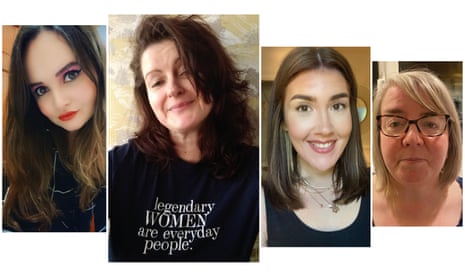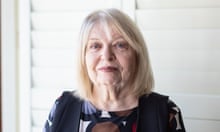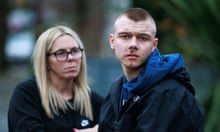Less than 20 hours after asking women who had received a late diagnosis of autism, we received 139 replies from around the world.
There were women whose lives had been scarred by victimisation, from bullying to rape, because without a diagnosis they did not know they were highly vulnerable to manipulation and abuse.
There were women who were diagnosed in their 70s, who had known there was something different about them for 60 years. There were those who described the decades-long struggle to fit in as a trauma that pushed them to mental collapse, sometimes to the point of attempted suicide.
Others had wasted decades being misdiagnosed, prescribed unnecessary drugs and forced to remain in mental health wards while experts failed to diagnose their condition – or refused to listen to the women’s accurate self-diagnosis because, the experts insisted, the woman did not “look” or “act” autistic.
Women of colour and non-binary women seemed to find it particularly hard to get diagnosed.
“I was around 20 when I started to question whether I could be autistic but quickly dismissed this possibility because as a young Black woman, I did not fit the stereotypical autistic presentation of a young, white boy,” said one 35-year-old woman who asked to remain anonymous.
Quick GuideAutism
Show
Autism is a spectrum disorder, which is defined by having difficulties with social communication and restricted or repetitive behaviours, activities or interests. It is a neurodevelopmental disorder, meaning that these difficulties would have existed since childhood even if someone is diagnosed as an adult.
Autistic traits appear on a spectrum, meaning that people are affected in different ways and to different degrees. For instance, some autistic people are unable to speak or have very limited verbal communication, while others have sophisticated language skills, but may struggle with taking things literally or find abstract concepts harder to follow.
Autistic people may have difficulty reading other people’s emotions or intentions, which can make socialising difficult to navigate. They may struggle to make friends or sustain friendships. That doesn’t mean that autistic people lack emotion or do not desire friendships and social acceptance, however.
Change to routines or unexpected events can be stressful. Autistic people may prefer to stick closely to a known pattern of behaviour, such as eating the same meal each morning, wearing the same clothes. Some autistic people repeat movements such as flapping their hands, rocking or twirling around and find that these behaviours help calm them down when they are feeling anxious.
Autism is linked to highly focused interests or hobbies. The topic could be something niche like stamp collecting or electricity pylons, or something more mainstream such as environmental activism or fashion. It’s the nature and intensity of the interest that is unusual, not necessarily the topic.
Autistic people may also have sensory sensitivities, such as finding loud noises overwhelming, finding scratchy materials particularly uncomfortable or having an aversion to certain food textures.
An autism diagnosis is made on behavioural criteria and this criteria has broadened over time. This means that autism spectrum disorder is a very diverse group with some needing full-time support and others having specific challenges in certain areas of their lives.
Almost every woman said they had known almost all their lives there was something different about them. As one put it: “I searched for 45 years for who I was. I had no identity – it was like looking in a looking glass with no reflection.”
Finally getting the diagnosis was life-changing for many. “I am so utterly relieved to finally have an answer,” said Sarah Martin, 52, who was diagnosed last month. “I had no idea life could feel this good. Diagnosis is rebirth.”
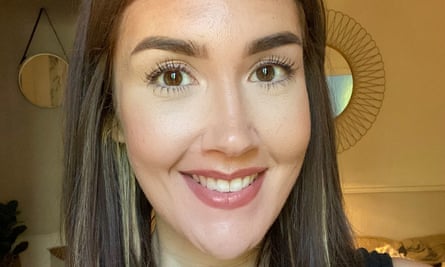
Sophie Meredith, 31, from Shropshire agreed. “Being told that there isn’t something inherently wrong with you and your brain is just wired differently is life-affirming,” she said.
Erica Evans said her diagnosis at 50 unleashed “a wild mix of both positive and negative emotions”. “It was validation, confirmation, empowerment,” she said. “I no longer feel like a ‘broken’ neurotypical.”
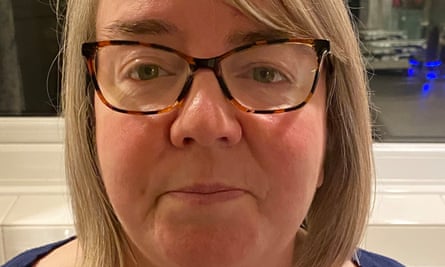
Many women felt conflicted by their diagnosis: they spoke of mourning the years they had spent misunderstanding themselves and being misunderstood by others.
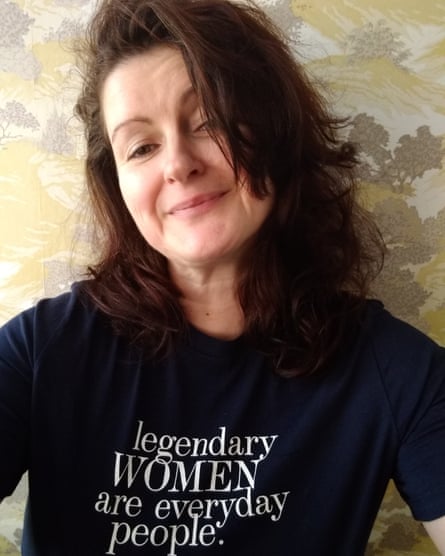
Kirsty Stonell Walker, 48, from Southampton, said she felt “utter relief that the way I am is not my fault – but a sense of depression that I will never be better at being a person than I am now”.
Others spoke of the often crippling impact on their mental health of decades spent “masking” – pretending to be neurotypical. For others, a late diagnosis was devastating.
A 61-year-old woman from Yorkshire, who asked to remain anonymous, said: “Learning I was autistic later in life made me feel I wasn’t a whole person. I felt disbelief, despair, sadness, loss and pain.”
“Why tell me now? I can do nothing about it. What help is there for me? Nothing. Society doesn’t understand us. Government doesn’t help us,” she said. “And there is nothing I could do to improve that diagnosis.”
Even for those women who go through the process of diagnosis, the NHS wait can be devastating: between four and nine years.
But even once a diagnosis is secured, many women still struggle. Amber Affleck, 28, was relieved to finally get her diagnosis five years ago but also “confused as there was no help available to help me to deal with it”.
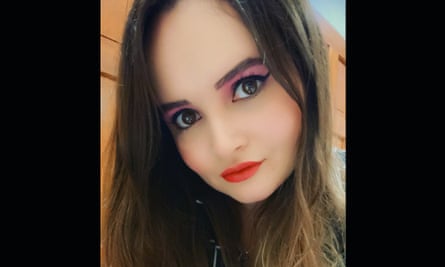
She said: “I have been left to pick up the pieces and figure it out myself, with no help at all.”
For some women, other people’s reaction to the diagnosis they craved has been a fresh trauma: relatives have ignored the diagnosis or viewed it as attention-seeking, friends have become wary, others have dropped contact.
Most women, however, spoke ecstatically about the result of their diagnosis. “My life has been completely transformed,” said one. “It’s like realising that not everyone lives in a cage, like you; some people really just do find life easier, and that doesn’t make you a failure.
“I’m finally living as an authentic version of myself, and it’s indescribably empowering. I am free.”
